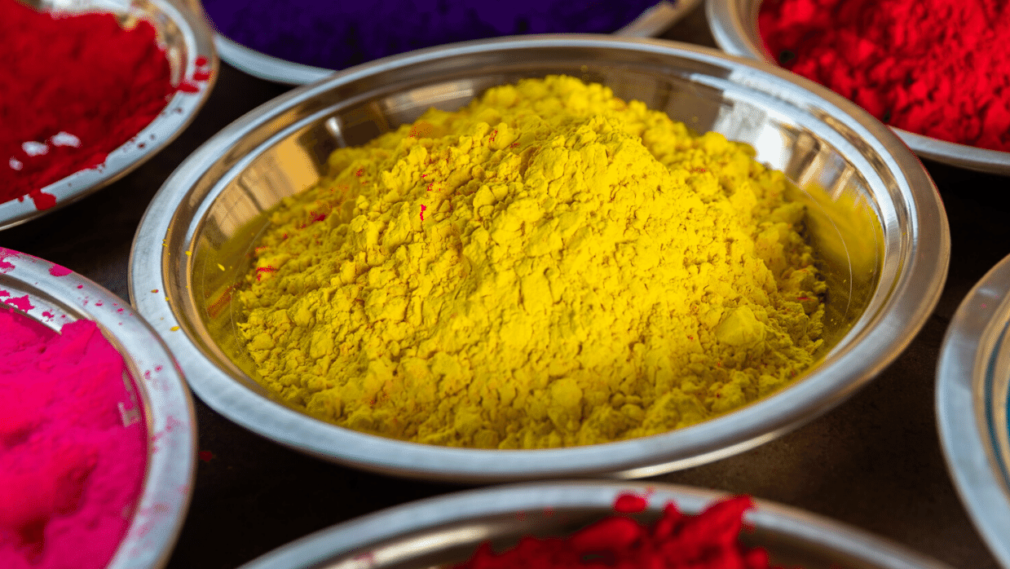Composting Made Easy: Harnessing the Power of Organic Waste
Composting is a simple yet powerful practice that not only reduces waste but also enriches the soil and promotes sustainable gardening. By diverting organic waste from landfills and transforming it into nutrient-rich compost, gardeners can create a closed-loop system that benefits both the environment and their plants. In this article, we delve into the world of composting, exploring its benefits, methods, and tips to be successful in your own efforts.

Benefits of Composting
Composting offers a myriad of benefits for gardeners and the environment. First and foremost, it reduces waste by diverting organic materials, such as kitchen scraps, yard trimmings, and plant residues, from ending up in landfills. This not only reduces the strain on landfill capacity but also minimizes methane gas production, a potent greenhouse gas emitted by decomposing organic matter.
Additionally, composting produces nutrient-rich soil amendment known as “black gold.” The compost acts as a natural fertilizer, improving soil structure, moisture retention, and nutrient availability for plants. It enhances soil biodiversity, attracting beneficial microorganisms and earthworms that contribute to a healthy and thriving garden ecosystem. Moreover, composting reduces the need for synthetic fertilizers, pesticides, and herbicides, promoting organic and sustainable gardening practices.
Methods of Composting
There are various methods of composting to suit different space, time, and preference requirements. Traditional composting involves creating a compost pile or bin in your backyard. This method requires a balance of “green” (nitrogen-rich) and “brown” (carbon-rich) materials, such as kitchen scraps, yard waste, leaves, and shredded paper. Regular turning or mixing of the compost helps aerate the pile, accelerating decomposition.

For those with limited space or time, alternatives like vermicomposting (using worms) or Bokashi (using beneficial microorganisms) offer compact and efficient solutions. Vermicomposting utilizes red worms to break down organic waste, while Bokashi composting involves fermenting kitchen scraps in an airtight container. Both methods produce nutrient-dense compost quickly and can be done indoors or in small spaces.
Tips for Successful Composting
To ensure you’re successful, it’s important to follow a few key guidelines. First, maintain a proper balance of green and brown materials to promote efficient decomposition and prevent odor issues. It’s also essential to provide adequate moisture and aeration by turning or mixing the compost regularly. Additionally, avoid adding meat, dairy products, oily foods, or invasive plant species to the compost pile, as these can disrupt the decomposition process or introduce pests.
Chop or shred larger materials into smaller pieces to speed up decomposition, and layer the materials to ensure good airflow. Monitor the moisture level of the compost, aiming for a damp sponge-like consistency. Lastly, be patient, as composting is a natural process that takes time. With regular maintenance and proper care, you will soon have a rich, dark compost ready to nourish your garden.
Wrap up
Composting is a simple and effective way to reduce waste, improve soil health, and promote sustainable gardening. By diverting organic materials from landfills and transforming them into nutrient-rich compost, gardeners can contribute to a more environmentally friendly and self-sustaining gardening practice. Whether through traditional composting, vermicomposting, or Bokashi composting, there is a method suitable for every gardener. By embracing composting, we not only minimize our environmental impact but also nurture flourishing gardens that thrive with the power of organic recycling.


